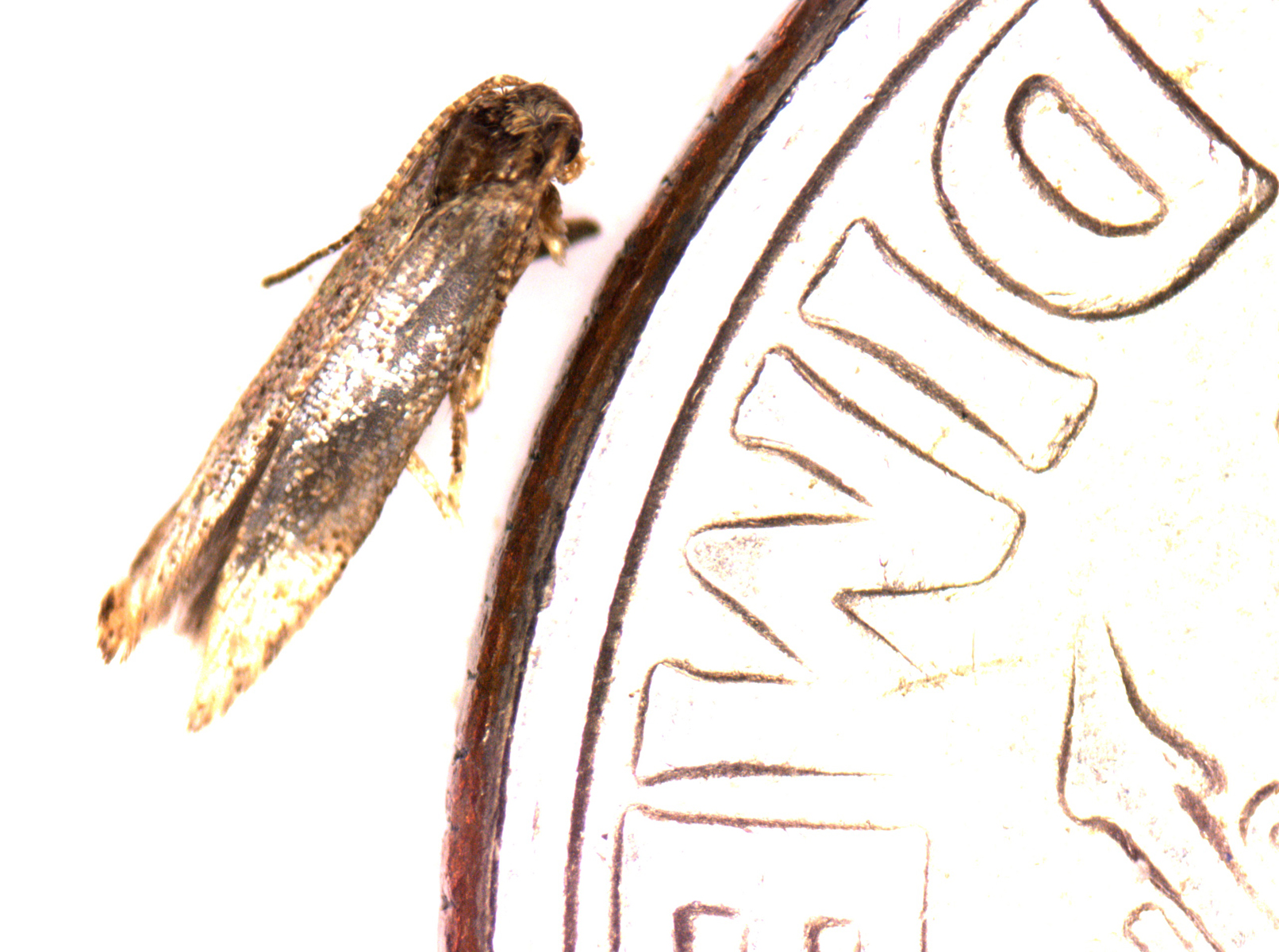University-led workshop in Ethiopia combats tomato leafminer

A workshop in Ethiopia later this month will gather scientists and others to fight an invasive pest that threatens tomato crops across the world. Virginia Tech’s international agricultural research program is hosting the workshop Nov. 26 through 28 in Addis Ababa, Ethiopia.
Tuta absoluta, the tomato leafminer insect, has the potential to destroy vast tracts of tomato, the world’s most important horticultural crop.
The tiny insect, native to South America, crossed the Atlantic in 2006, when it was identified in Spain. It has since spread throughout most of Europe, North Africa, the Middle East, Senegal, Sudan, and Ethiopia.
“Because tomatoes play a key role in diversifying the agricultural sectors while improving the food security of many developing countries, this threat to their production is a serious concern,” said Muni Muniappan, director of the program that is hosting the workshop. Muniappan directs the USAID-funded Integrated Pest Management Innovation Lab, managed by the Office of International Research, Education, and Development at Virginia Tech.
“The purpose of the workshop is to create an awareness of this pest and to look at ways of combating it,” Muniappan said. “When I found out the pest was in Sudan and Ethiopia, I felt it was time to inform the Eastern African and South Asian countries of this impending problem.”
The three-day workshop, Tuta absoluta — meeting the challenge of the tomato leafminer, is scheduled to draw participants from the private sector as well as representatives of influential research organizations such as the Rome-based Food and Agricultural Organization, the International Centre of Insect Physiology and Ecology in Nairobi, Kenya, and the Tanzanian branch office of the World Vegetable Center. Presenters will review mechanical, cultural, chemical, and biological control methods for the pest, and scientists from an array of developing countries will discuss strategies they have used.
The workshop’s second day will include a trip to a tomato-growing region so that participants can see the tomato leafminer in action and learn to identify it.
“We hope to bring an awareness of the problem to eastern Africa and to South Asia,” said Muniappan, noting that participants have registered not only from eastern Africa, but also from Nepal, Bangladesh, and India. “We may be able to come up with a regulatory framework so that tomatoes from infected countries aren’t moved from one country to another.”
The insect is not yet in the United States.
This is the second workshop on the pest that the Virginia Tech-led program has hosted; the previous one was held in Dakar, Senegal, in May.
The workshop is being organized by the U.S. Agency for International Development in association with the International Association for the Plant Protection Sciences and the Ethiopian Institute of Agricultural Research.
Dedicated to its motto, Ut Prosim (That I May Serve), Virginia Tech takes a hands-on, engaging approach to education, preparing scholars to be leaders in their fields and communities. As the commonwealth’s most comprehensive university and its leading research institution, Virginia Tech offers 240 undergraduate and graduate degree programs to more than 31,000 students and manages a research portfolio of $513 million. The university fulfills its land-grant mission of transforming knowledge to practice through technological leadership and by fueling economic growth and job creation locally, regionally, and across Virginia.




